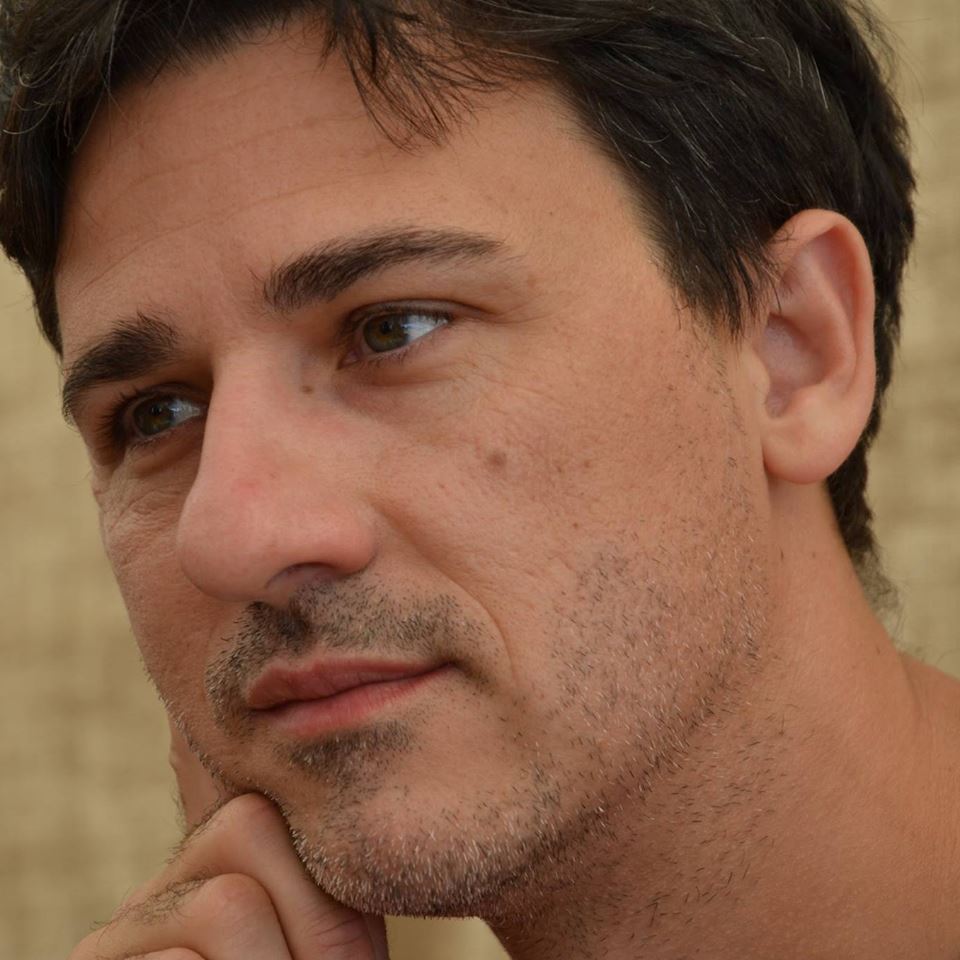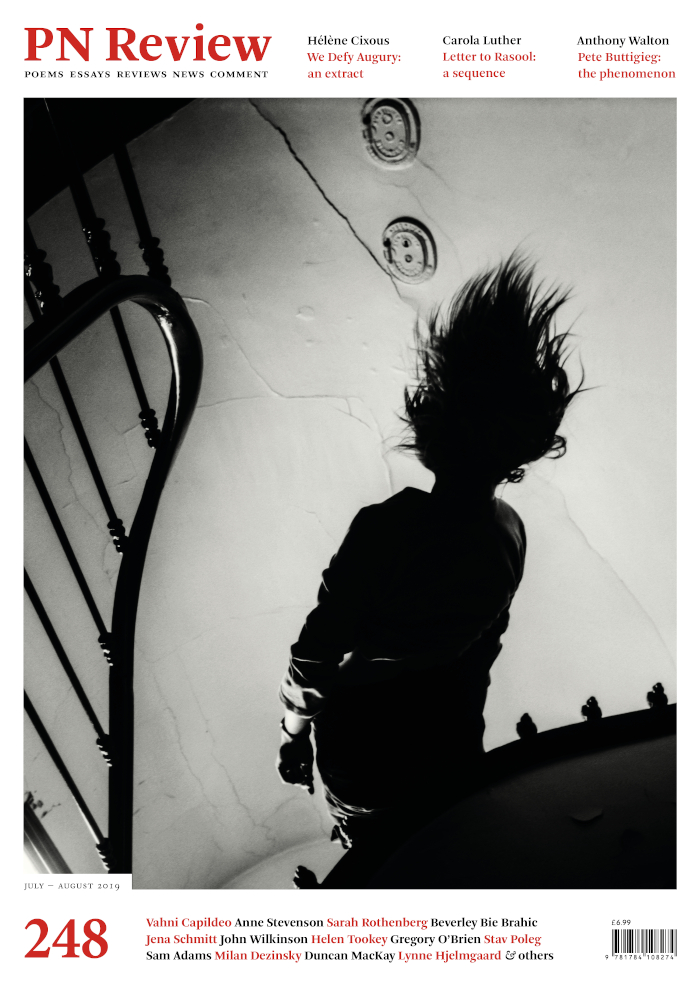A tree rots in the forest unnoticed.Lichen trims bark. A raucous reek.The bruised framework sinks into the earth.A woman with a man’s physique treads the path sobbing.The night telephone above the table takes a bite out of the darkness.A dog that begins to howl in its sleep,as if it weren’t supposed to be alive anymore.Power over words is power over things.We sleep and have everything — relations,a favorite restaurant, happy home.But something here’s not clicking. Not only words.
Orderly Existence
Milan Děžinský
Translated from the Czech by Nathan Fields
Feature Date
- November 28, 2019
Series
- Translation
Selected By
Share This Poem
Print This Poem
Copyright © 2019 translation by Nathan Fields
All rights reserved.
Reproduced by Poetry Daily with permission.

Milan Děžinský is a Czech poet and translator. He studied pedagogy of Czech and English Languages at The University of J.E. Purkyně in Ústí nad Labem. He is the author of six poetry collections. His latest book of poems, Obcházení ostrova (Walking Around an Island, 2017), won the Magnesia Litera Award for poetry. In 2014, he was nominated for the German-Czech Dresden Lyrics Prize and in 2016, he became the first laureate of the international Václav Burian Prize for poetry. He translates poems from English and lives in Roudnice nad Labem, where he is also engaged in politics.
Nathan Fields (1977) was born in Oceanside, California, and studied Literature at St. Francis College in Brooklyn, Writing at California State University San Marcos, and Anglophone Studies at Metropolitan University in Prague. Since 2002, he has translated widely from Czech, both fiction and non-fiction, short stories and novels, entire books as well as contributions to anthologies, periodicals, art catalogues, and exhibitions, such as for the Museum of Metropolitan Art in New York and Expo 2010 in Shanghai, China. His recent translations include the novel Nahr Al-Bared – Cold River (2014) by Jana Kotaishová and Glare (2014) by Jan Čumlivksi. He lives with his family in Prague.

July/August 2019
Manchester
England
General Editor
Michael Schmidt
Deputy Editor
Andrew Lattimer
Through all its twists and turns, responding to social, technological and cultural change, PN Review has stayed the course. While writers of moment, poets and critics, essayists and memoirists, and of course readers, keep finding their way to the glass house, and people keep throwing stones, it will have a place.
“It has […] attempted to take poetry out of the backwaters of intellectual life and to find in it again the crucial index of cultural health. In so doing it has often succeeded in broadening the horizons of our view of twentieth-century poetry and in encouraging poets to be ambitious about their concerns.”
—Cairns Craig, Times Literary Supplement
“…probably the most informative and entertaining poetry journal in the English-speaking world.”
—John Ashbery
“…the premier British poetry journal. Its coverage is broad and generous: from John Ashbery to new young English poets, from essays on Continental poetics and fiction to reviews of neglected poets both living and dead. At a time when poetry is largely neglected, [it] continues to make an eloquent case for its centrality to our culture.”
—Marjorie Perloff
Poetry Daily Depends on You
With your support, we make reading the best contemporary poetry a treasured daily experience. Consider a contribution today.



